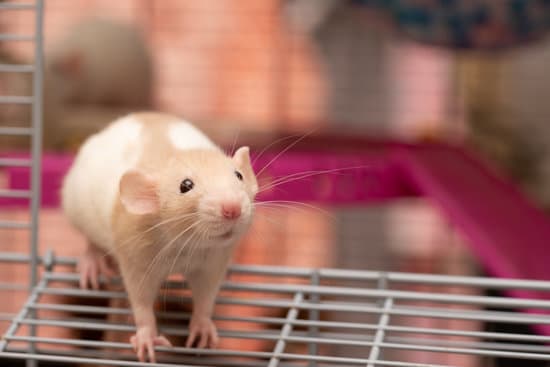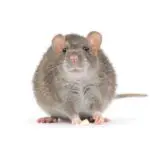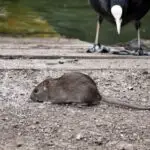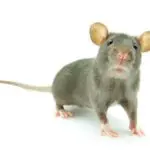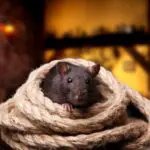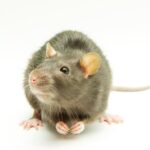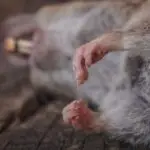How to Protect Yourself and Your Home From Monkeypox in Animals
Monkeypox is a disease caused by a virus and can affect both humans and animals. Fortunately, it’s not common in humans, though. However, it can be passed between humans and other animals through contact with contaminated waste. This is why it’s important to know how to protect yourself and your home from monkeypox in animals.
The Food and Drug Administration has banned the importation of prairie dogs and other African rodents. It has also banned the release of prairie dogs into the wild. Fortunately, a recent study by the U.S. Geological Survey found that monkeypox is not common among wild animals. The outbreak was stopped after quarantine and the ban on rodent imports from Africa. The outbreak was traced to the introduction of Gambian rats from Ghana. Since then, the ban on the distribution of prairie dogs has been lifted. However, it is still illegal to import rodents from Africa.
Public health officials are worried that monkeypox is spreading among humans and animals. The monkeypox virus can survive in sewage and be spread by contact with human waste. This is a cause for concern, as monkeypox can spread to mice, rats, and other urban rodents. However, experts say it is unlikely that monkeypox is infectious in humans.
In Africa, monkeypox is common in rodents. However, monkeypox has only been isolated from a small number of animals. A few species have been identified as hosts, including African squirrels, Gambian rats, sooty mangabey monkeys, and prairie dogs. In the US, the first reported case occurred in Wisconsin, when a 3-year-old girl was bitten by a prairie dog. There have been 69 confirmed cases in the US.
